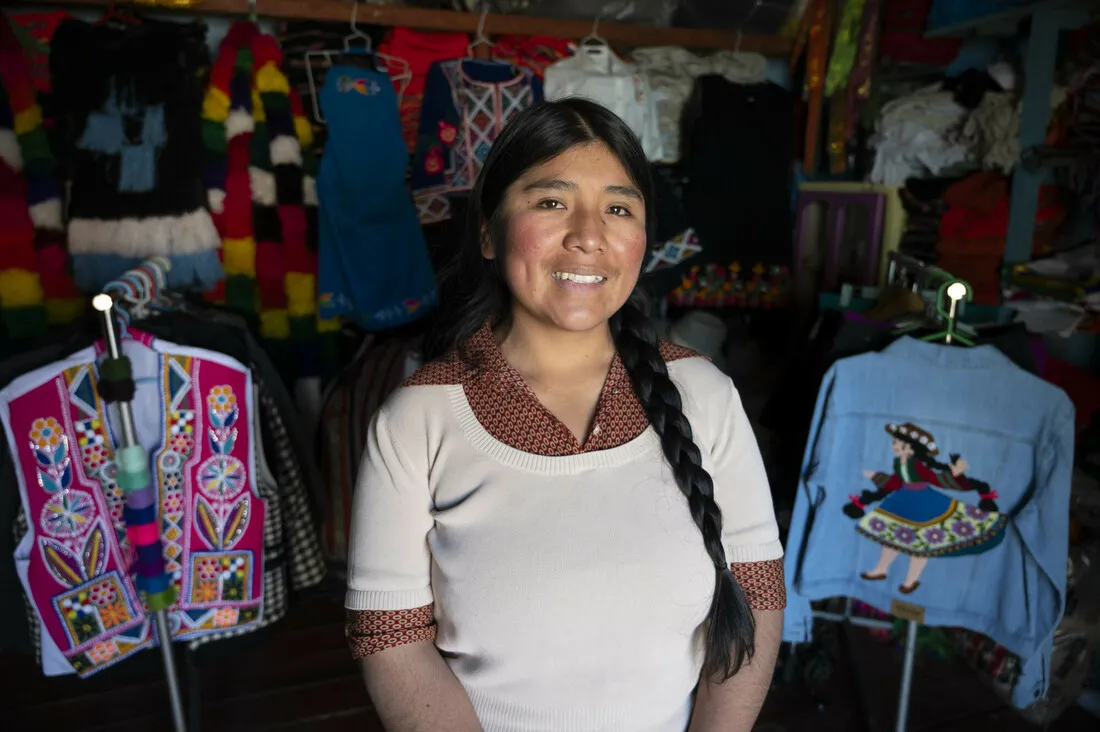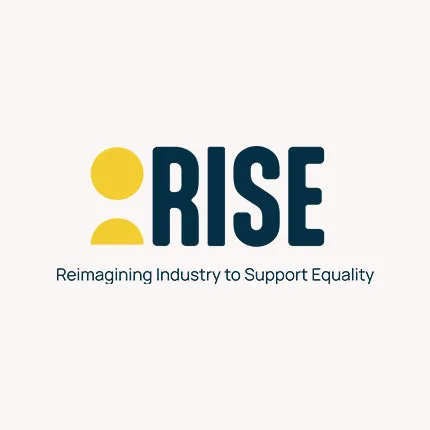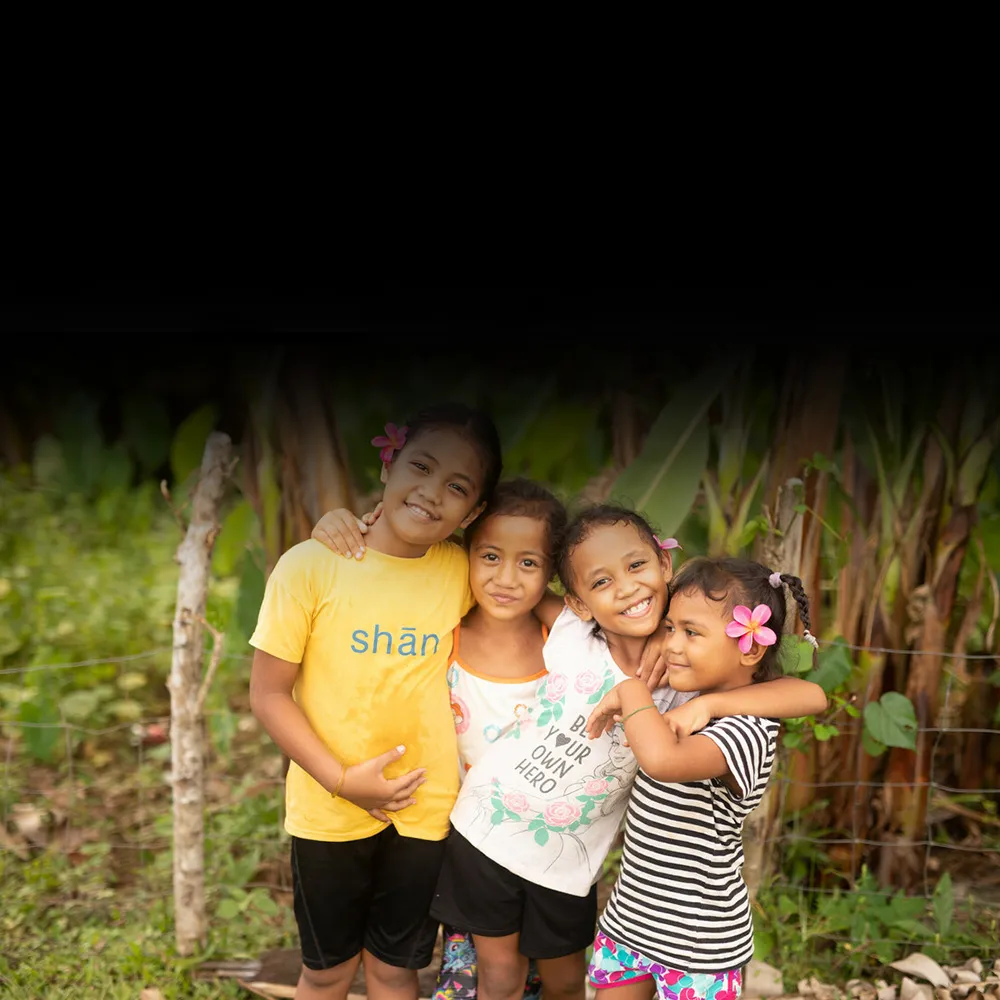CARE, BSR’s HERproject, Gap Inc. P.A.C.E., and BetterWork – along with board members from suppliers, brands, women’s rights organizations and worker unions – have formed a new initiative called RISE: Reimagining Industry to Support Equality to scale impact and accelerate equality for women workers in global garment supply chains.
Learn more about RISE
Read RISE’s latest annual report
Domestic workers — women’s rights in Latin America
CARE has established partnerships in Ecuador, Peru, Brazil, Guatemala, Mexico, Colombia, and Honduras to support domestic workers. Thes partnerships conduct research, share strategies, build coalitions, and strengthen networks to influence public policies, empower local organizations, and improve the lives of more than 10 million domestic workers in the region by 2030.
Read more about our work with domestic workers in Latin America
Protecting women at work
CARE supported adopting the ILO Convention on Violence and Harassment, a global law focused on preventing violence and harassment in the world of work. The law was formally adopted at the International Labour Conference in June 2019.
Read more about our work with the ILO Convention



